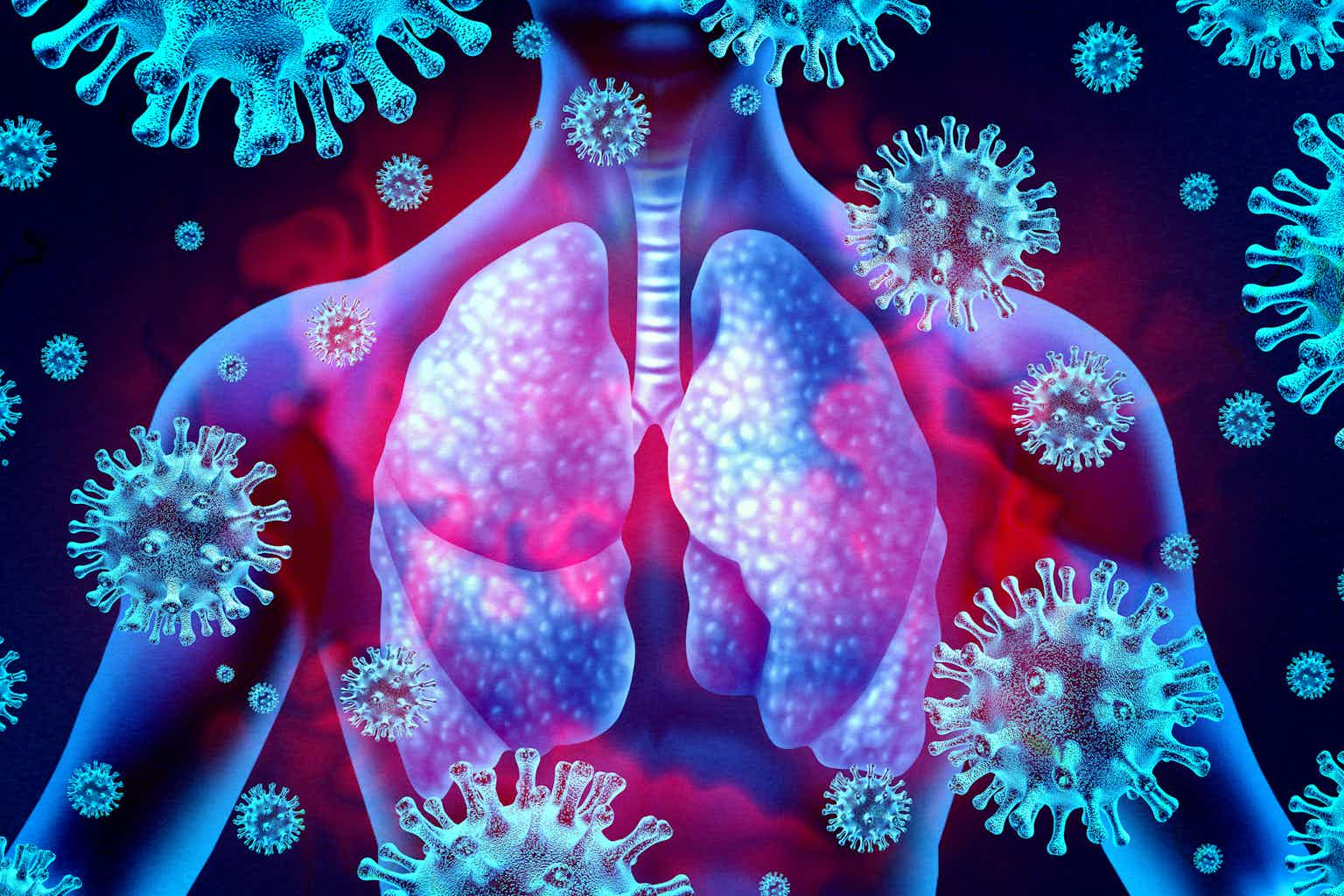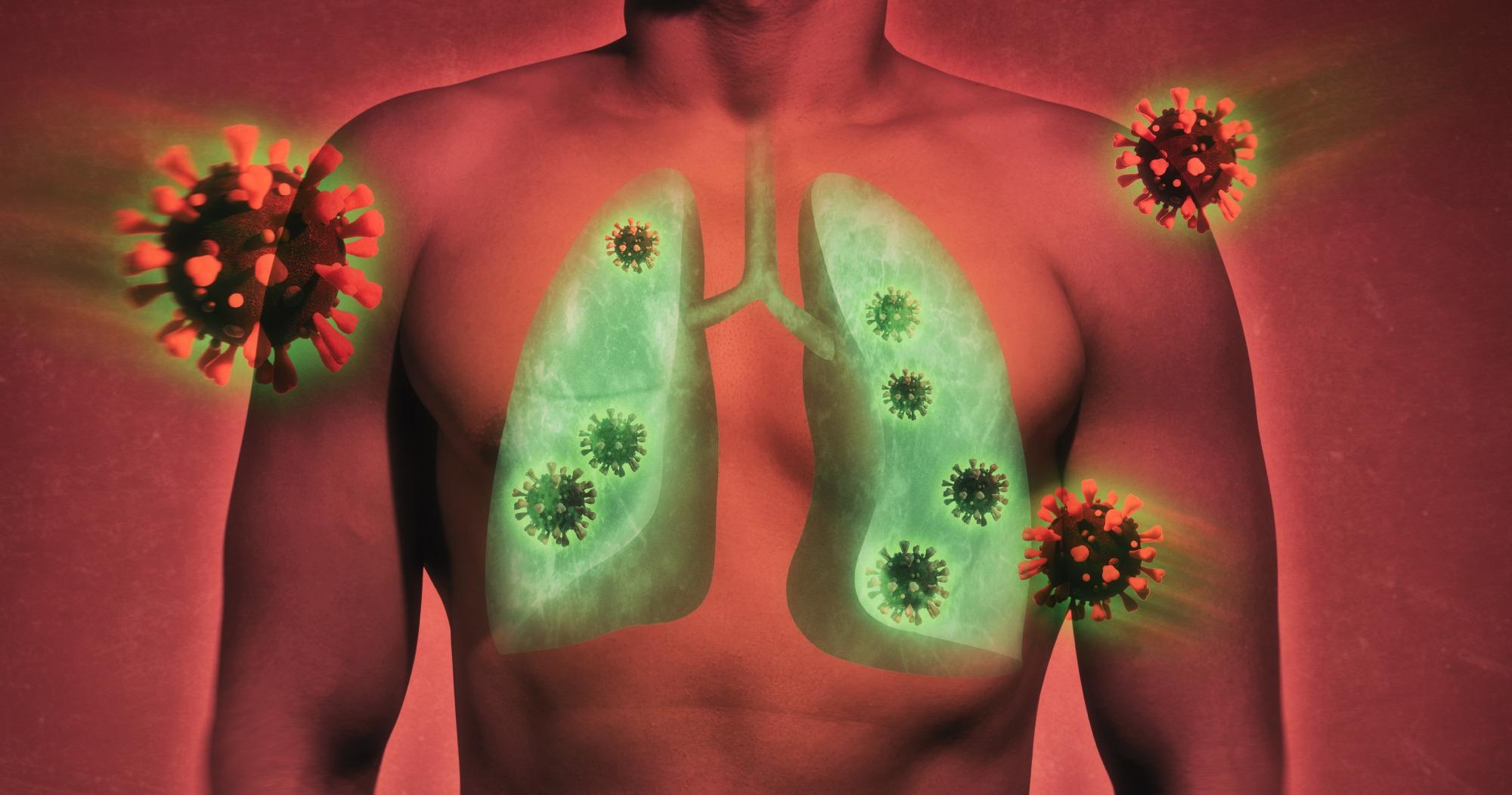COVID 19 and Its Lingering Effects on Health
COVID 19 has changed the world in ways far beyond the initial infection. While many recover quickly, a significant number continue to suffer from long-lasting symptoms a condition widely known as long COVID. Experts now recognise it as a chronic health challenge that affects multiple organs and can last for months or even years. Understanding the reality of long COVID is vital as it continues to rise globally, affecting people of all ages and backgrounds.

COVID 19 Long COVID: A Growing Health Concern
Long COVID refers to a broad range of symptoms and complications that persist for more than three months after the initial infection. It is not limited to those with severe illness even people with mild or asymptomatic cases can develop long-term issues. These symptoms, ranging from fatigue and brain fog to heart and lung complications, vary widely in severity and duration. Scientists estimate that over one-third of people infected with the virus have experienced long COVID at some point.

One of the most concerning aspects of long COVID is its unpredictability. It does not discriminate based on age, gender, or prior health condition. Moreover, the risk increases with reinfections, meaning even those who have recovered once remain vulnerable. Studies show that women, in particular, face a slightly higher risk of developing persistent symptoms.
COVID 19 and the Rise of Chronic Illness
The global burden of long COVID has turned it into a major cause of disability. Many individuals suffer from severe fatigue that can leave them unable to work or even perform daily tasks. Some experience damage to vital organs, including the lungs, heart, and nervous system. This has led to a surge in chronic illnesses and an increase in disability rates, with millions now requiring long-term medical support.

In the United States alone, over two million adults are believed to have developed new disabilities linked to long COVID. The condition’s wide-ranging impact highlights why it is now considered one of the most significant public health challenges of the post-pandemic era.
COVID 19 Continues to Evolve and Spread
The number of people experiencing long COVID is steadily rising. Each new wave of infections adds more patients to the long-term pool, and many who have been sick for years show little sign of recovery. As reinfections become more common, the cumulative risk grows making prevention more important than ever.

Scientists are still trying to understand why some people recover quickly while others face ongoing health problems. Despite extensive research, there is currently no approved treatment for long COVID. Most available therapies focus on managing symptoms rather than curing the underlying condition. This lack of effective treatments adds to the growing healthcare burden. Also Read: Check Fatty Liver at Home With These 5 Early Warning Signs, Say Experts
COVID 19 Prevention Remains the Best Defence
The most reliable way to protect yourself from long COVID is to avoid infection altogether. Vaccination significantly reduces the risk of severe disease and death, but it does not fully eliminate the chance of infection. Preventive measures such as masking, improving indoor ventilation, and avoiding crowded spaces remain essential, especially for vulnerable groups.
People with post #COVID19 condition can experience lingering symptoms for months after recovery.
The symptoms may begin right after being sick with COVID-19 or later, and may come and go https://t.co/WoiLcwsgJX https://t.co/JrABQL2EFx— World Health Organization (WHO) (@WHO) October 7, 2021
Even though many countries have lifted restrictions, the threat of COVID 19 is far from over. Long-term consequences continue to emerge, and every infection carries the possibility of lasting health issues. Staying cautious is the most effective way to reduce future complications.
Conclusion
COVID 19 is not just a short-term illness for millions, it has become a long-term health challenge. From fatigue and organ damage to increased disability rates, the consequences of long COVID are reshaping global healthcare. With no definitive treatment available, prevention remains the strongest defence. As we move forward, understanding and addressing long COVID will be crucial in reducing its impact and improving quality of life for those affected.

